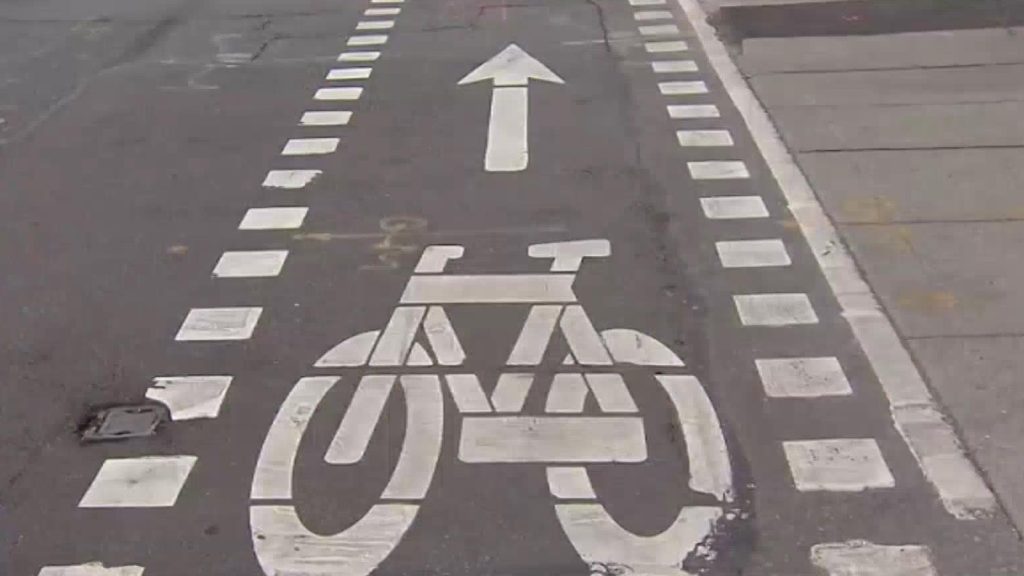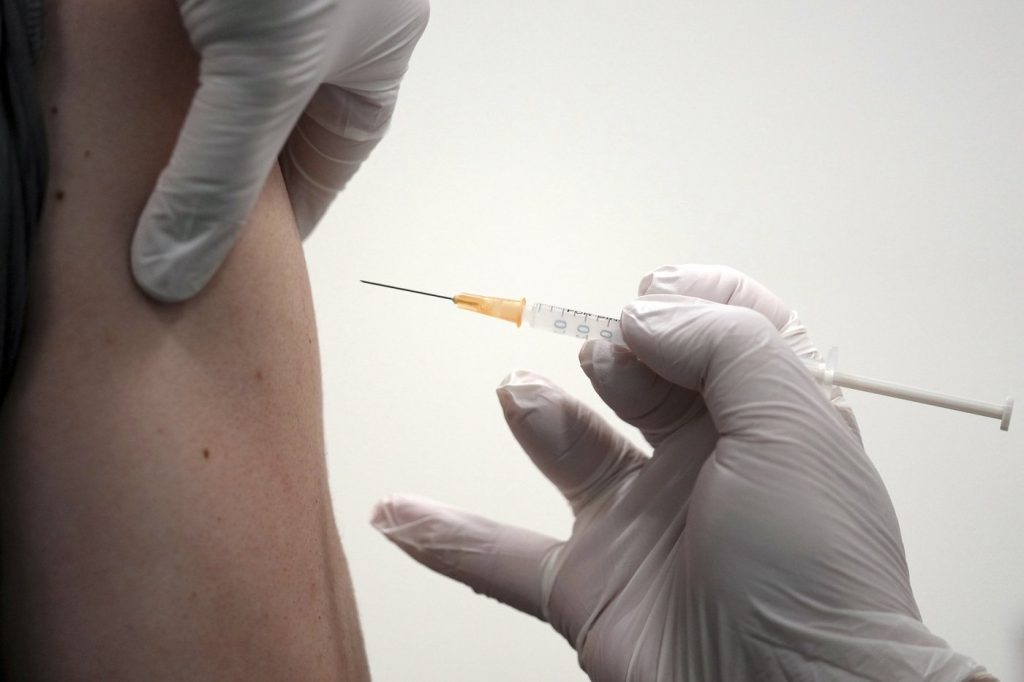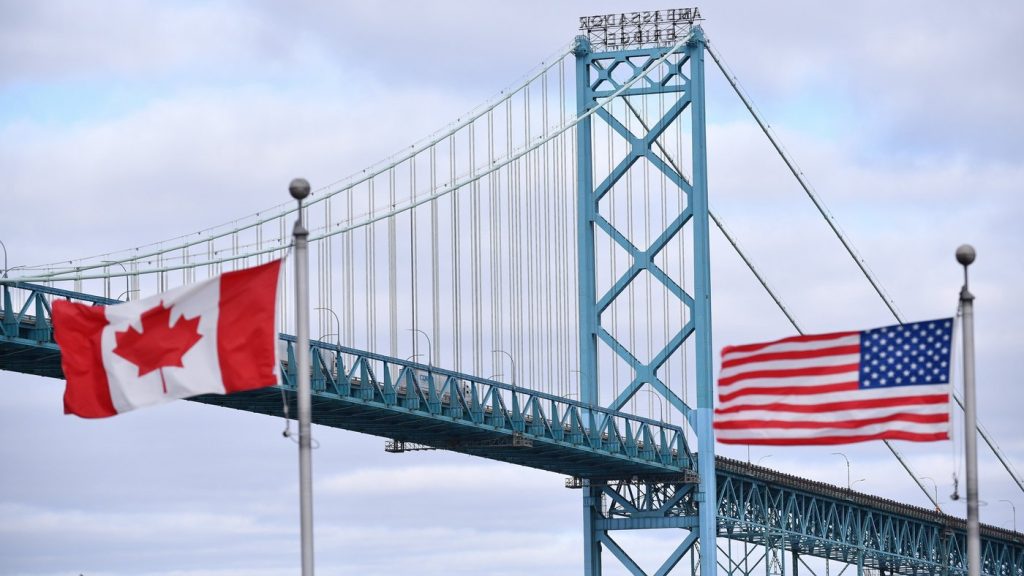Ontario to resume non-urgent surgeries, extracurricular activities in schools

Posted February 10, 2022 6:24 am.
Last Updated February 10, 2022 6:07 pm.
Ontario’s government announced it is lifting a directive that will allow previously cancelled or rescheduled non-urgent surgeries and procedures to resume in the province.
Health Minister Christine Elliott says the resumption of non-urgent surgeries and procedures will follow a planned phased approach across the province. Elliott said the “steady decline” in hospitalizations and intensive care admissions means more procedures deemed non-urgent can gradually resume.
With the COVID-19 picture slowly improving — particularly in schools — chief medical officer of health Dr. Kieran Moore also confirmed that all extracurricular activities would be able to resume moving forward.
Effective immediately, Moore says Ontario students can “once again benefit from extracurricular activities,” including high-contact sports in schools. Moore says that students and other participants must wear a mask while on school premises but may temporarily remove their face covering where needed.
“Thanks to the efforts of Ontarians to go out to get their booster dose and to adhere to current public health and workplace safety measures, the province has seen a recent steady decline in COVID-19 related hospitalizations and ICU admissions,” the chief medical officer of health said.
Some low contact sports like tennis have been ongoing in schools, but high contact sports such as basketball were paused due to COVID-19 risk. Singing and playing wind instruments have also not been permitted, but Moore says they will now be allowed with some health measures in place.
“… Our hard work has allowed us to gradually and cautiously lift public health measures to let children and youth in schools participate in extracurricular activities.”
Minister of Long-Term Care Paul Calandra hinted at an expedited lifting of measures while speaking to a government committee Thursday morning.
“Outbreaks, hospitalization and ICU capacity really start to come down very, very quickly,” Calandra said. “We are constantly monitoring that to see what amendment could be made.”
“So long as indicators keep moving in the direction that they are, additional measures will be removed.”
Moore reviewing timelines for public health measures, reopening
Under the current guidelines, further public health measures would be lifted on Feb. 21, when all capacity limits at indoor settings where proof of vaccination is required would be lifted, and large spectator venues could return to 50 per cent capacity. The remaining capacity limits are set to be eased on Mar. 14.
Dr. Moore, however, acknowledged that the timeline could be moved, saying “our situation has improved,” adding that the government is committed to properly notifying businesses ahead of time if such a decision is made. As such, Moore confirmed that dates for further lifting restrictions on businesses and social gatherings could be reviewed next week.
The changes in permitted schools activities come weeks after students headed back to classes in-person, following a two-week pandemic shutdown in January as the Omicron variant caused cases to soar.
Moore says school absences are roughly at 10.7 per cent and down 2 per cent from the week prior. Staff absences are just over 8 per cent.
The exact number of COVID-19 cases isn’t known due to changes in the province’s testing policy. Still, other indicators like hospitalizations and intensive care admissions from the virus have been declining.
Brampton’s mayor Patrick Brown has called on the province to speed up the reopening process.
“It hasn’t caused repercussions on the health care system by having children in school, and I think we really need to look at other aspects of this lockdown that continue to have repercussions in society that are unwarranted,” Brown said.

Health Minister Elliott said Wednesday that Ontario would not follow the lead of other jurisdictions that have already begun lifting proof-of-vaccination rules and intend to end masking rules soon.
Elliott didn’t shed any light as to when vaccine mandates or masking could end on Wednesday, but she did say the province expects mask rules to remain in place for “some time.”
“We have no plans currently to drop the passport vaccination situation or masking. We believe that masking is going to be important for some time to come,” Elliott said at a news conference in Kitchener.
“We always said that we were going to take a very cautious, phased, prudent approach to open up, and that’s the path that we’re going to follow.”
Along with Premier Doug Ford, Moore has shifted his pandemic messaging in recent weeks, suggesting it’s time for Ontarians to “learn to live” with the virus. During his briefing last week, Moore said masking will likely be the final measure to go and said the province would need to reassess the vaccine passport system moving forward.
“We have to decide as a society how many public health measures we want just to recommend and/or maintain in a legal fashion to limit the spread of the viruses,” he said. “I think that discussion should happen soon.”
Moore’s news conference this week comes a day after the province began making rapid test kits available for free at grocery stores, pharmacies and other sites.
Elliott said expanding access to the tests is part of Ontario’s plan to roll back COVID-19 restrictions in stages.
“As we continue to carefully ease public health measures, rapid tests are providing another layer of protection and offer the public an additional tool to confidently do the things they love, like visiting family or dining at their favourite local restaurant,” said Elliott.

Ontario’s gradual reopening plan began last week with many businesses welcoming back patrons for the first time in nearly a month. Indoor dining at restaurants and bars, gyms and cinemas reopened at 50 per cent capacity after being shuttered due to the rapid spread of the Omicron variant.
The province’s COVID-19 Science Advisory Table released new pandemic modelling last week and suggested the easing of restrictions will increase the spread of the virus. The table predicted hospitalizations, which have been on the decline in recent weeks, will rebound and continue at a prolonged peak through February and March.
Alberta removed vaccine passports to access non-essential businesses on Wednesday, and on Monday, it will end a mask requirement for children under 12.
Saskatchewan became the first province in Canada to announce it was removing all COVID-19 measures and will no longer require that people provide vaccine passports starting Monday. It is also ending its indoor mask mandate at the end of the month.
Québec will loosen specific public health measures across the province by Mar. 14, except for mask mandates and the vaccine passport system.
With files from the Canadian Press








